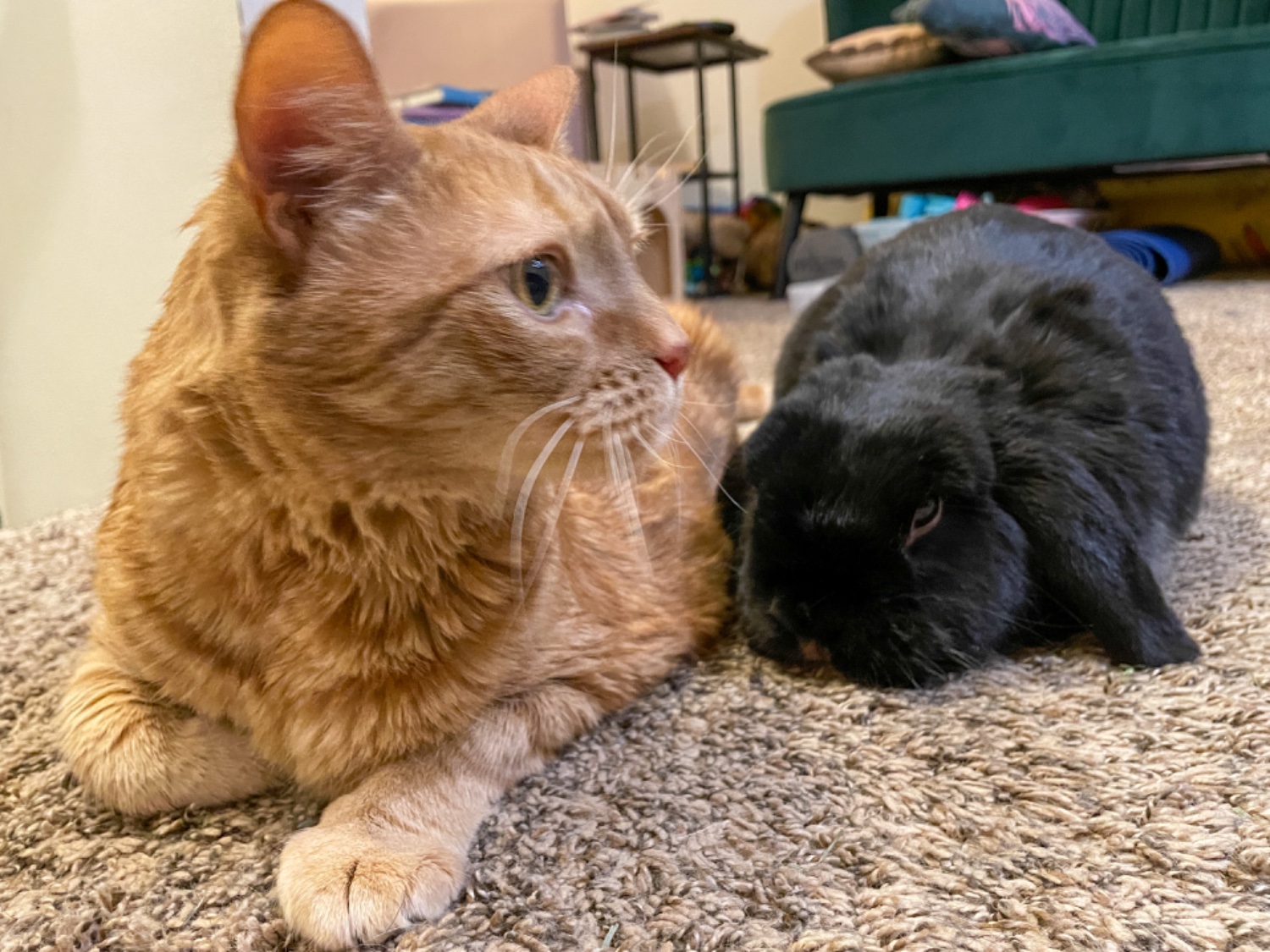He just found it this way, honest
ChaosCoati
Being a cat is such hard work, we humans will never understand
Cherry for me. Common flavor in lots of fruity candy mixes but not my favorite. I do like cherry sours on their own though
Canid and canine generally mean any of the dog-like animals: domestic dogs, wolves, fox, coyotes, dingoes, jackals, wild dogs
Parrot applies to members of the Psittacine family: parrots, macaws, parakeets, cockatiels, cockatoos, parrotlets, lorikeets
Herps and herpetofauna are used to collectively refer to amphibians and reptiles: frogs, salamanders, newts, lizards, turtles, snakes
Bear means all actual bear species but is also often used in reference to pandas and koalas (just don’t say it in front of my scientifically accurate kid)
Waterfowl is ducks, geese, swans
Depending on why or how you’re using categories, you can also group by characteristics: Do they have fur, feathers, or scales Do they lay eggs or give birth Are they predator or prey Do they eat meat, plants, fruit, pollen, or some combination
My cat will also do this. And if I put a blanket on his spot he’ll go sleep somewhere else
Shows from my youth I’ve watched with my kid: The Muppets Full House Animaniacs
$0.13213 per kWh plus a $0.58915 per day “customer charge”
First time I left my spouse and cat alone, my cat trapped them in the bathroom.
I don’t know the actual answer. My theory is it’s this confusing so it’s hard for the general population to catch the mistakes. This allows insurance companies get out of paying as much as they’re supposed to. And hospitals don’t really care who does the paying, as long as they get paid
All very valid points and part of why American health insurance is such a joke
I had an incident recently where my spouse had to go to the ER because of a life threatening incident. One of those fix it right now or they might die things. (They’re fine now, thank goodness.)
We went to an in-network hospital and all doctors were also in-network. However the one who actually did the life-saving procedure was a specialist. Under our insurance plan seeing a specialist requires a referral, which of course we didn’t have time to get. So insurance tried to nope out of that doctor’s entire bill.
You need to know both your deductible and out of pocket maximum numbers. You’ve said your deductible is $1500. For the sake of this example let’s say your out of pocket max (OOP from now on) is $2500.
For simplicity, we’ll go with your insurance’s negotiated rate for the procedure is $1000*. Meaning at the end of the day you and your insurance combined will pay the hospital $1000.
Basically any bills up to $1500 for the year you pay 100%. Between $1500 and $2500 (or your OOP), insurance pays 50% and you pay 50%. Over $2500 insurance pays 100%.
Some examples to illustrate:
- You’ve paid $400 this year so far. You pay the full $1000: $400 + $1000 = $1400 which is less than your deductible of $1500
- You've paid $1000 so far this year. You pay $750 and insurance pays $250: $500 gets you to the $1500 deductible limit so you have to pay all that, plus you pay 50% of the remaining $500 bill = $250.
- You’ve paid $1700 so far. You pay $500 and insurance pays $500. $1700 + $500 = $2200 which is less than your OOP of $2500
- You’ve paid $2300 so far. You pay $200 and insurance pays $800. 50% of $1000 = $500 but $500 would put you over your OOP of $2500. $2500 - $2300 = $200. You pay $200 and insurance pays the rest.
- You’ve paid $2500 so far. Insurance pays $1000
- If your insurance’s negotiated rate for the procedure is $1000, this means that’s what the hospital and insurance have agreed to pay. A lot of times you’ll see the hospital “charge” a larger number and then have an insurance “discount” but ignore this. It doesn’t factor into deductible or out of pocket maximum calculations.


where the sun’s rays grew hotter